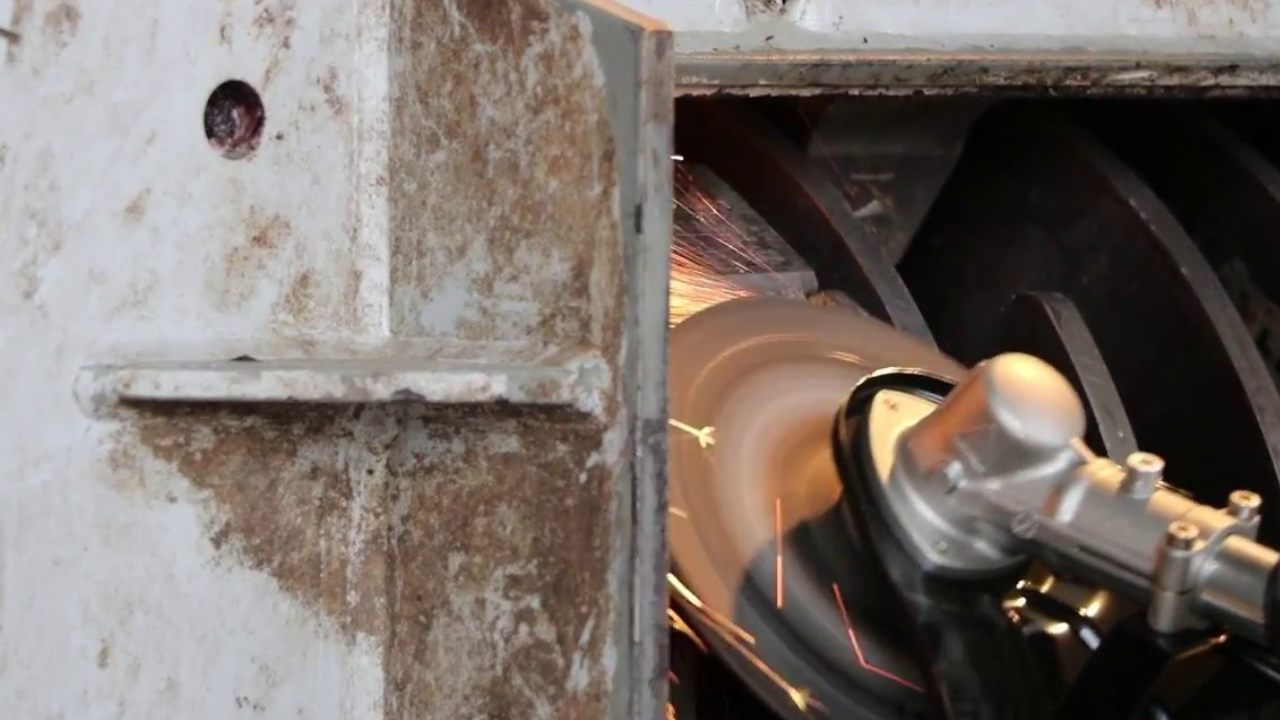Grayson is a shopping aficionado who loves to share information about the best deals and steals he finds. He's always on the lookout for a bargain, and he loves to help others find great deals, too. You can always count on Denise to give you the inside scoop on where to shop and save money.

JYF Machinery specializes in producing premium mulcher teeth, hammer blades for flail mowers, and other wear parts for use in land clearing. Numerous brands are compatible with our parts. Whatever brand of flail mower or mulching equipment you use, JYF Machinery has the forged parts you need to keep it operating.
Flail Mower Hammer Blades and Mulcher Teeth are examples of worn parts. Mulcher teeth are robust, sharp blades that are usually installed on forestry equipment like mowers and mulchers to find more information see this page. Mulcher teeth and flail mower hammer blades are similar in that they are made to reduce and shred plants. Nevertheless, they are usually installed on flail mowers, which chop and shred plants with several blades that rotate horizontally.
What Are The Functions of Flail Mower Hammers And Mulcher Teeth in Agriculture?
In agriculture, flail mower hammers and mulcher teeth are essential tools for effectively mulching, shredding, and cutting plants. Mulcher teeth, composed of sturdy materials such as carbide or hardened steel, finely cut vegetation to produce mulch that is rich in nutrients and improves soil health. With their swinging motion, flail mower hammers are an essential part of flail mowers, offering efficient vegetation control for jobs like orchard care and roadway upkeep. When combined, these elements provide precise and sustainable farming methods.
Commonly Used Material in Manufacturing Mulcher Teeth
Mulcher teeth are made from a variety of materials, each selected for unique qualities that enhance the teeth’s overall functionality and toughness. The following materials are frequently used to make mulcher teeth:
High-grade Steel Alloys:
High-grade steel alloys are widely used in the manufacture of mulcher teeth. Because of their remarkable strength, hardness, and longevity, these alloys are highly suitable for the rigorous circumstances found in mulching applications. Because of their strength and abrasion resistance, high-carbon steel alloys like 4140 or 4340 are frequently chosen.
Steel mulcher teeth undergo heat treatment, which includes quenching and tempering, to increase their hardness and make them more resilient to impact and abrasion during mulching operations. Furthermore, steel alloys provide an economical option without sacrificing functionality.
Tungsten Carbide:
Because of its remarkable toughness and resistance to wear, tungsten carbide is a common material for mulcher teeth. Typically, brazing or welding is used throughout the production process to embed tungsten carbide particles into the mulcher tooth. This results in a composite material that combines the hardness of tungsten carbide with the steel body’s durability.
Tungsten carbide-tipped mulcher teeth are especially good at slicing through boulders, foliage, and thick vegetation. In the long term, tungsten carbide is a cost-effective option since its hardness guarantees a longer lifespan and lowers the need for maintenance and replacements.
Hardfacing
The technique of hard-facing involves covering the mulcher tooth’s surface with a layer of material that resists wear and tear, hence increasing its longevity. Tungsten carbide and chromium carbide are common materials for hard-facing. These compounds give the mulcher teeth an additional layer of defense against impact and abrasion.
For instance, chromium carbide hard facing creates a resilient covering that is resistant to abrasion and severe weather. Depending on the particular needs of the mulching process, the hard-facing application can be tailored to provide the best results in various settings.
Forged and Cast Steel:
These materials are dependable and conventional, and they are used in the production of mulcher teeth. Compressive force is used to shape the metal in forged steel, creating a strong, dense structure. Conversely, molten steel is poured into molds to create cast steel, which is more versatile in intricate shapes.
Mulcher teeth made of cast or forged steel provide a good mix of toughness and strength. Because of its exceptional resistance to impact, forged teeth are appropriate for heavy-duty mulching tasks. Because of its design versatility, cast steel can be used to create complicated tooth shapes that are customized to meet particular mulching needs.
Last Summary
Mulching applications require specific materials, and tungsten carbide, forged and cast steel, hard-facing materials, and premium steel alloys are just a few of the materials that are utilized to make mulcher teeth. In the operations of clearing land and managing vegetation, selecting the appropriate material is essential to obtaining the best possible performance, longevity, and economy.
